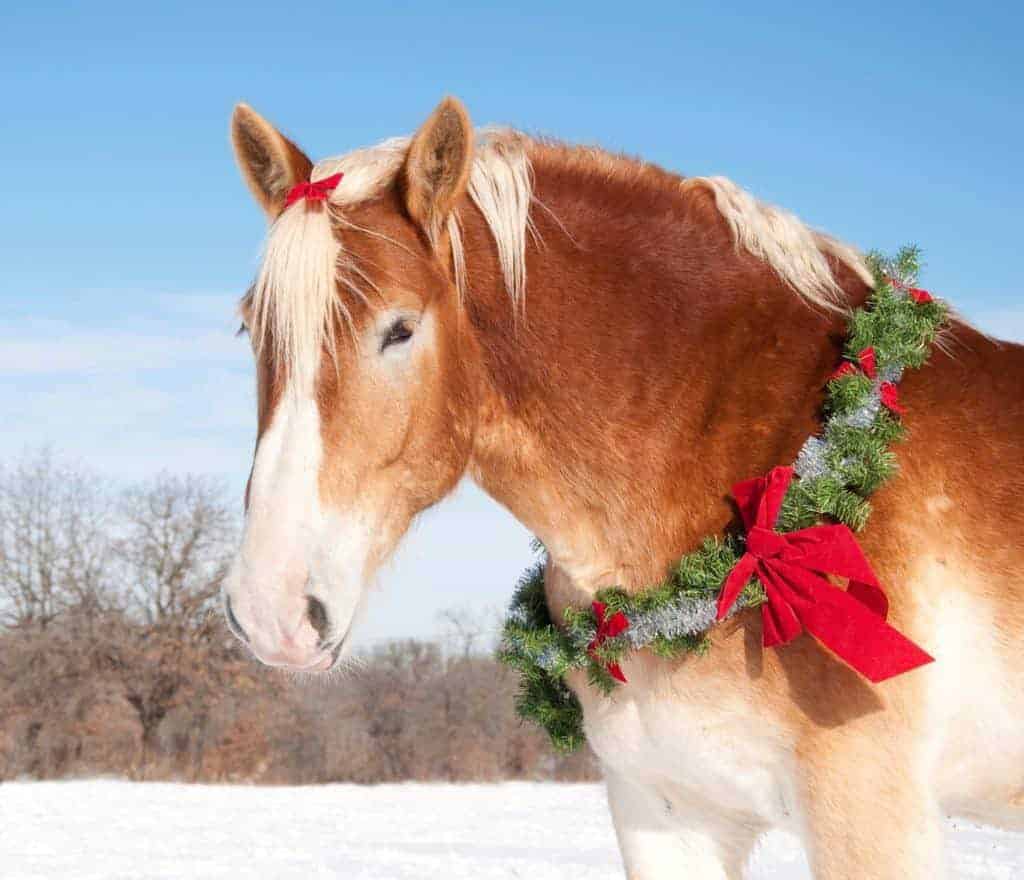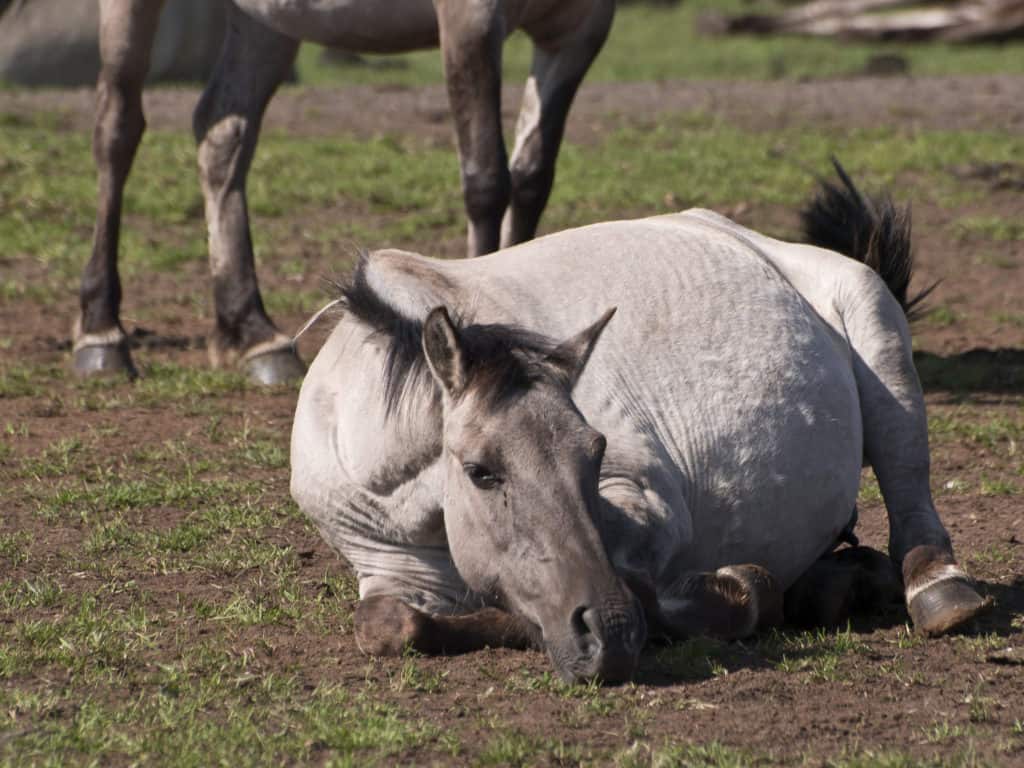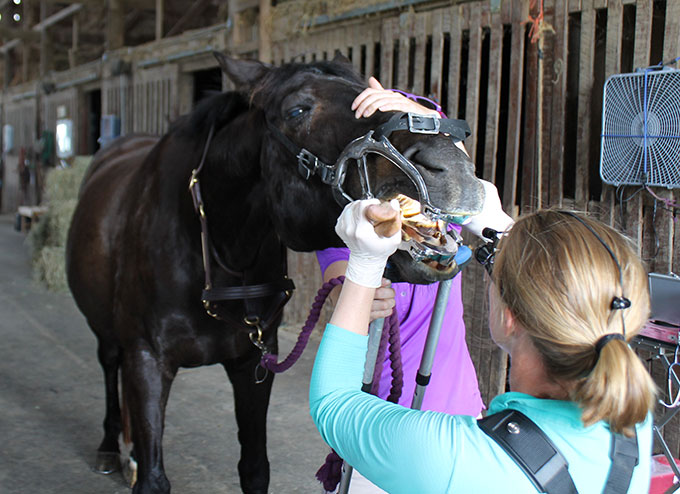
Understanding EDM/eNAD in Horses
Equine neuroaxonal dystrophy (eNAD) and equine degenerative myeloencephalopathy (EDM) both plague the horse’s central nervous system.
Horse-health-problem risk factors, prevention, diagnosis, and treatment

Equine neuroaxonal dystrophy (eNAD) and equine degenerative myeloencephalopathy (EDM) both plague the horse’s central nervous system.

Researchers say this method of extracting horses’ cheek teeth could reduce complications during and after surgery when traditional extraction methods fail.

Find out what commonly applied practices horse owners and caretakers tend to overdo.

What could cause a horse to develop equine odontoclastic tooth resorption and hypercementosis (EOTRH)?

Learn more about this common and frustrating condition seen in horses in the Winter 2024 issue of The Horse.

Horses with certain health conditions should skip sweet treats. Find out if your horse is one.

Here’s what might be on your senior horse’s wish list this year.

Emerging technologies are giving veterinarians the tools they need to best address dental disease in horses.

Find out how to recognize when a horse is at risk of developing EMS-related laminitis and what you can do to either prevent or manage it so he stays sound.

Dental pain can often be mistaken for behavior problems, so it is important for owners to understand the signs of dental pain and disease.

An equine nutritionist explains why NSCs, ESCs, and WSCs are important factors to consider when choosing hay for your EMS horse.

Dr. Patty Graham-Thiers describes the safest ways to help a horse lose weight without overrestricting his forage intake and increasing his risk of gastric ulcers.

Researchers in the U.K. say finances, emotion, and logistics all affect the outcome in cases of severe colic in horses.

Researchers have identified several benefits to this method for removing teeth in horses, such as reducing postoperative complications.

Many conditions besides colic can cause coliclike signs. And with colic, delayed treatment or misdiagnosis can have serious consequences. Here’s what you need to know.

Your veterinarian needs a good look into your horse’s deep, dark mouth to perform a thorough dental exam. The answer? Proper sedation.
Stay on top of the most recent Horse Health news with
"*" indicates required fields